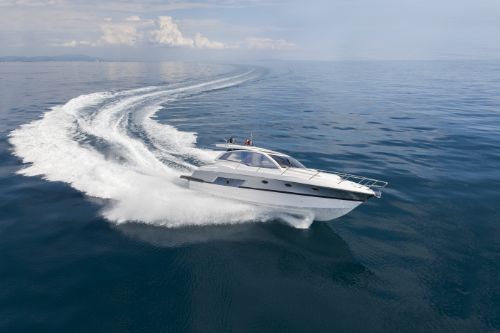Navigating the legal waters after a boat accident in Cobb County, GA, can be complex, especially when it comes to establishing causation. Determining causation is crucial in these cases as it directly links the actions or negligence of one party to the injuries or damages suffered by another. To successfully establish causation in a boat accident lawsuit, several key steps and requirements must be met.
Gathering Evidence
The foundation of establishing causation in a boat accident lawsuit lies in gathering sufficient evidence. This evidence may include eyewitness testimonies, accident reports, photographs of the scene, medical records, and opinions. Each piece of evidence serves to paint a comprehensive picture of the events leading up to the accident and the resulting injuries.
Identifying Negligence
Once evidence has been gathered, the next step is to identify any negligence that may have contributed to the accident. Negligence can take many forms in a boating context, such as operating the vessel recklessly, speeding, failing to maintain proper lookout, or operating under the influence of alcohol or drugs. Establishing negligence is crucial as it forms the basis for proving causation.
Proving Breach of Duty
To establish causation, it must be shown that the negligent party breached their duty of care owed to others on the water. This duty of care requires boat operators to adhere to certain safety standards and regulations designed to prevent accidents and protect individuals from harm. By proving that the negligent party failed to uphold this duty, a causal link can be established between their actions and the resulting injuries.
Demonstrating Proximate Cause
In addition to proving breach of duty, it must also be demonstrated that the negligent actions were the proximate cause of the accident and resulting injuries. Proximate cause refers to the legal concept that the negligent actions were a substantial factor in bringing about the harm suffered by the victim. This requires a careful examination of the sequence of events leading up to the accident and any intervening factors that may have played a role.
Establishing Damages
To establish causation fully, it must be shown that the accident directly resulted in damages to the victim. Damages can include medical expenses, lost wages, pain and suffering, property damage, and more. By linking these damages directly to the negligent actions of the defendant, a strong case for causation can be made.
Conducting Analysis
In many boat accident cases, analysis plays a pivotal role in establishing causation. Specialists in marine engineering, accident reconstruction, and boating regulations can provide valuable insights into the circumstances surrounding the accident. Their testimony can help clarify complex technical issues and provide a clear understanding of how the negligence of one party led to the injuries suffered by another.
Documenting Environmental Factors
Environmental factors, such as weather conditions, water currents, and visibility, can also play a significant role in boat accidents. Documenting these factors and their potential impact on the accident can help strengthen the case for causation. For example, if poor visibility due to fog or heavy rain contributed to the accident, it can further support the argument that the negligent actions of the boat operator were a direct cause of the injuries sustained.
Establishing Precedent
In some cases, establishing causation may require referencing precedents set in previous court rulings or legal precedents. By demonstrating how similar cases have been decided in the past, attorneys can strengthen their argument for causation and increase the likelihood of a favorable outcome for their clients. Drawing on established legal principles and case law can provide a solid foundation for proving causation in a boat accident lawsuit.
Addressing Counterarguments
It’s essential to anticipate and address any potential counterarguments that may be raised by the opposing party. This may involve refuting claims of contributory negligence, challenging alternative theories of causation, or debunking attempts to shift blame onto other parties. By thoroughly addressing these counterarguments, attorneys can bolster their case and present a compelling argument for causation.
Seeking Compensation
Ultimately, the goal of establishing causation in a boat accident lawsuit is to secure compensation for the victim’s injuries and losses. This compensation can cover medical expenses, rehabilitation costs, lost wages, pain and suffering, and other damages resulting from the accident. By successfully proving causation, victims can hold negligent parties accountable for their actions and obtain the financial support they need to rebuild their lives.
If you or a loved one has been injured in a boat accident in Cobb County, GA, it’s crucial to seek legal representation from experienced attorneys who understand the complexities of establishing causation in these cases. Contact Princenthal, May & Wilson, LLC today to schedule a consultation and learn more about your rights and options. Let us help you navigate the legal process and fight for the compensation you deserve.
